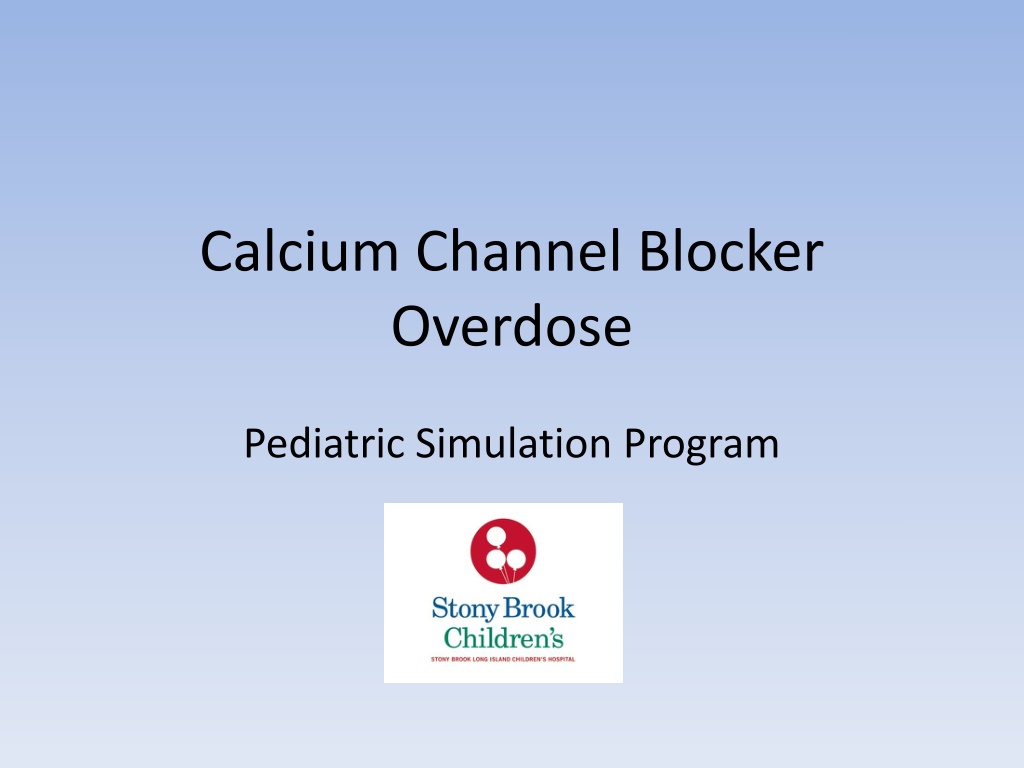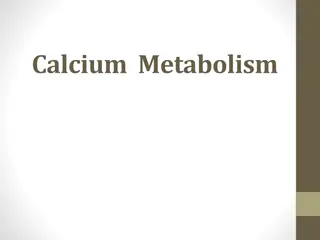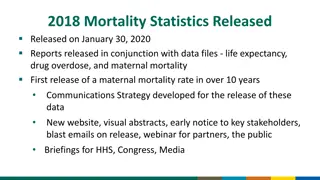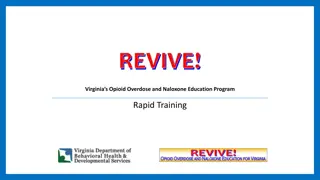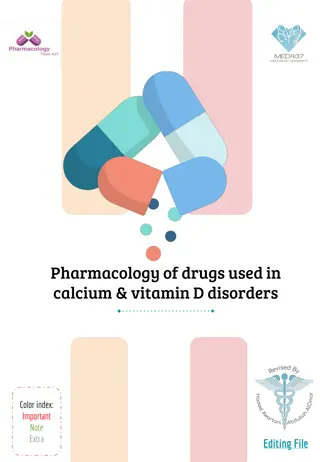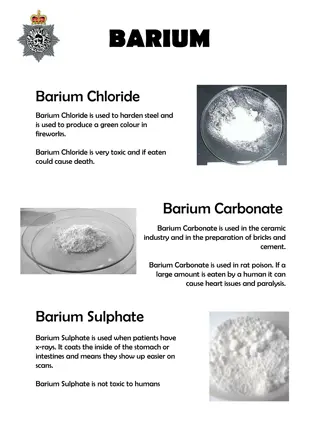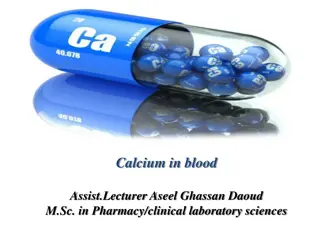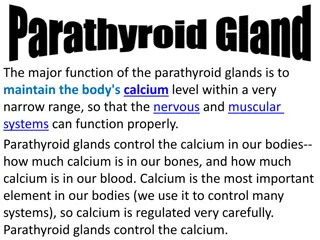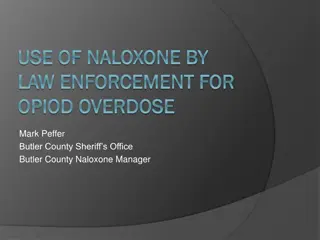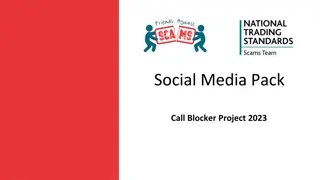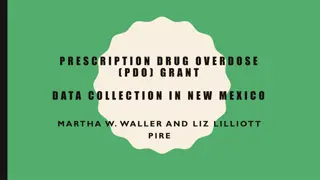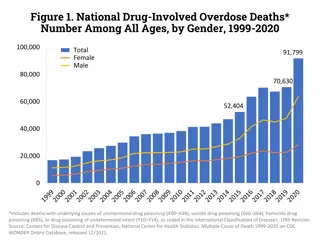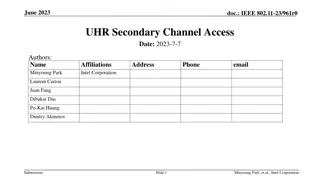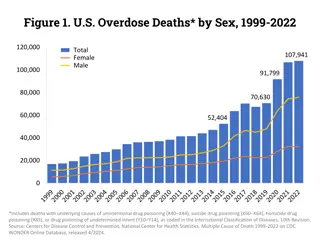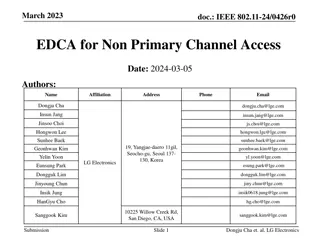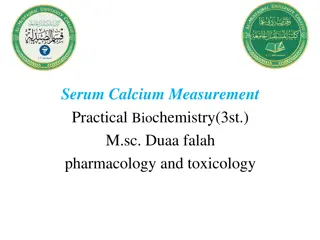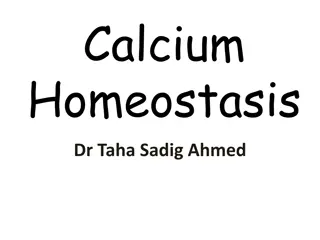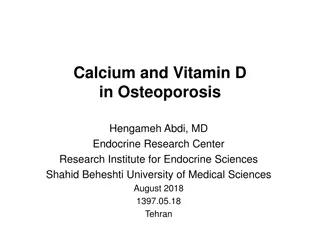Calcium Channel Blocker Overdose in Pediatrics
Calcium channel blocker overdose is a critical condition that can be life-threatening, especially in children. The overdose can result in symptoms such as syncope, chest pain, weakness, and seizures due to the medication's effects on cardiovascular function. Prompt recognition and appropriate management, including ABCs, charcoal administration, and correction of acid-base disturbances, are vital in treating such cases.
Download Presentation

Please find below an Image/Link to download the presentation.
The content on the website is provided AS IS for your information and personal use only. It may not be sold, licensed, or shared on other websites without obtaining consent from the author. Download presentation by click this link. If you encounter any issues during the download, it is possible that the publisher has removed the file from their server.
E N D
Presentation Transcript
Calcium Channel Blocker Overdose Pediatric Simulation Program
One Pill Killer!! One of the most potentially lethal prescription overdoses. Immediate release can have rapid symptoms Extended release can have delayed onset
Epidemiology 2011 Per PCC 5400 exposures 25 deaths and 90 major outcomes ~25% were children younger than 6yo Infants/Toddlers have unintentional ingestions Adolescents as a suicide gesture
Pathophysiology They bind the L-type voltage-gated slow calcium channels in cell membranes Decrease flow of calcium into cardiac cells which inhibits phase 0 in pacemaker cells and slows phase 2 plateau in Purkinje cells, myocytes, and vascular smooth muscle cells. This leads to decreased myocardial contractility and peripheral arterial vasodilation.
Cardiovascular effects Peripheral arterial vasodilation Decreased HR Decreased cardiac contractility
Symptoms Syncope Lightheadedness Chest pain Palpitations Diaphoresis Flushing Weakness Peripheral edema Dyspnea Confusion Seizure Dizziness Headache Nausea/vomiting
Exam Findings Bradycardia Hypotension Depressed level of consciousness
Lab Findings Hyperglycemia decreases insulin release Hypokalemia Acidosis decreased free fatty acid utilization
EKG Findings Bradycardia AV block Any type of bundle branch block Non-specific ST-T wave changes
Management ABC s Charcoal if early enough and no/low aspiration risk 1 hour for immediate release and 4 hours for extended release. Correct acid-base disturbances Correct electrolyte abnormalities Contact Poison Control
Medications Calcium gluconate 60mg/kg, max 1g Glucagon 5-10 mg Insulin bolus 1U/kg, then infusion May need to give glucose infusion with this Vasopressors
Observation 6 hours for immediate release 6-12 hours for standard release 24-36 hours for extended release PICU need cardiac monitoring
References Arroyo, A. Calcium Channel Blocker Toxicity. Pediatric Emergency Care. Volume 25(8), August 2009, pp 532-538 Anderson, Angela C. "Calcium-channel blocker overdose." Clinical Pediatric Emergency Medicine 6.2 (2005): 109-115
